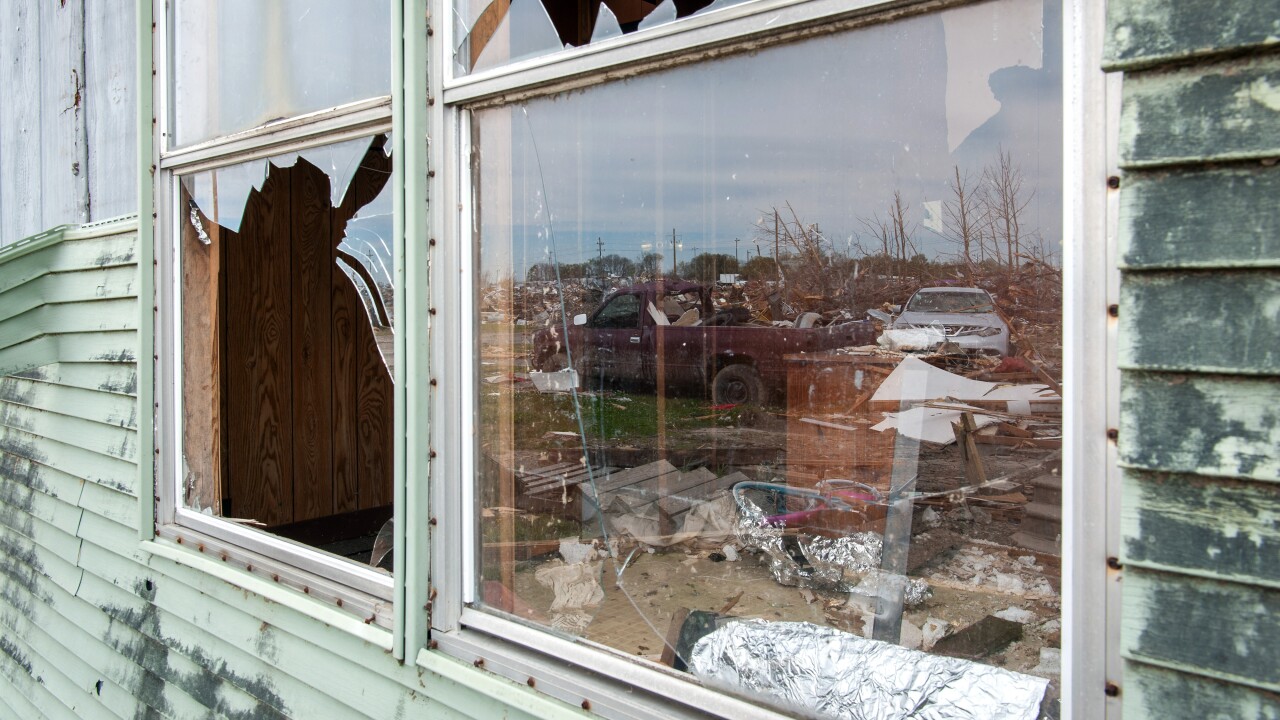The Federal Housing Administration has suspended its anti-flipping rules for another year to facilitate the financing and sales of newly renovated foreclosed properties.
“This extension is intended to accelerate the resale of foreclosed properties in neighborhoods struggling to overcome the possible effects of abandonment and blight,” said acting FHA commissioner Carol Galante.
The Department of Housing and Urban Development issued the anti-flipping rule in 2003 to protect FHA borrowers from investors who were quickly flipping properties at inflated prices.
The anti-flipping rule prohibits lenders from using FHA financing in transactions where a single-family property is being resold within 90 days.
In early 2010, HUD first suspended the anti-flipping rule because it was holding up sales of foreclosed properties. It was suspended again for all of 2011. And now it is being suspended for all of 2012.
Under the terms of the suspension, all sales must be "arms length" transactions and the lender must demonstrate that the property was not subject to prior flipping and that the property was fairly and openly marketed for sale.
In cases where the sales price is 20% or more above the seller's acquisition cost, the lender must justify and document the reasons for the increase in value.
FHA research shows the investors can acquire, renovate and resell properties in less than 90 days. Requiring them to hold the property for more than 90 days increases costs and risks vandalism.
Although the suspension of the anti-flipping rule is designed to stimulate renovation of foreclosed properties, it applies to all sales transactions.
Since suspending the anti-flipping rule in February 2010, FHA said it has insured nearly 42,000 mortgages worth more than $7 billion on properties resold within 90 days of acquisition.




